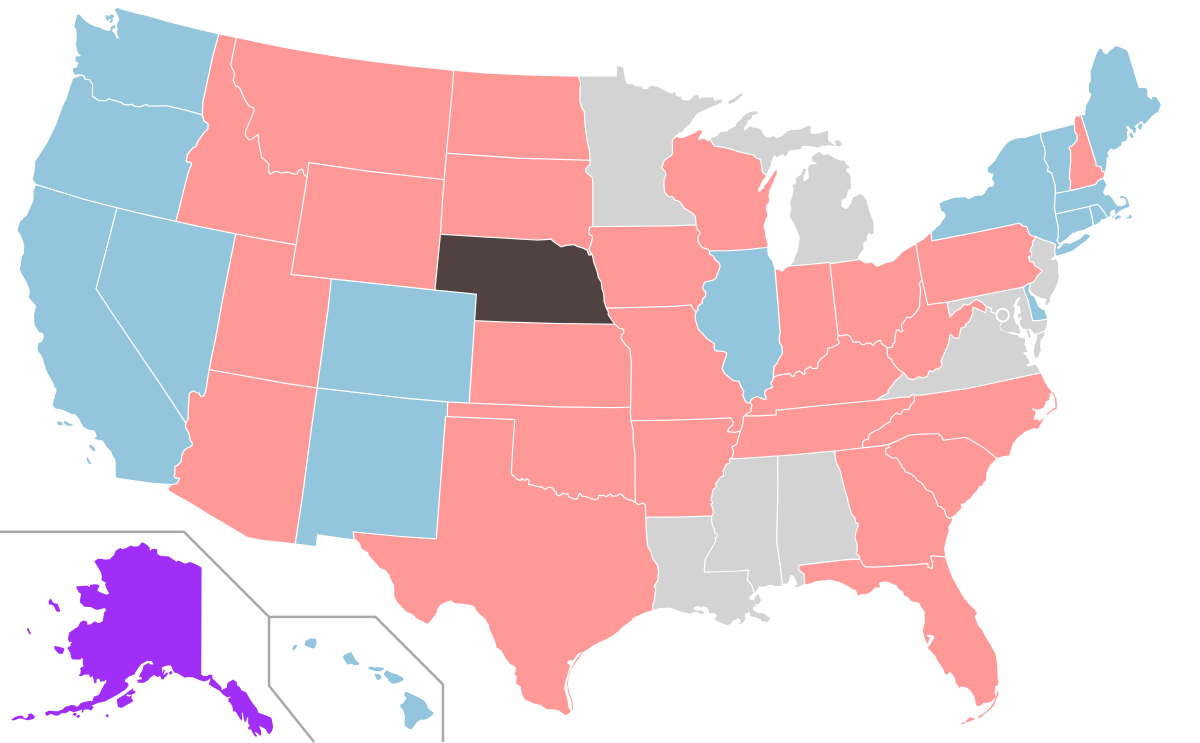mikegriffith1
Mike Griffith
Some interesting insights emerge from comparing the 1976, 2000, 2012, and 2024 elections. In one case, the winner failed to win a majority of the states but won the popular vote. In another case, the winner won 30 states but narrowly lost the popular vote. In another case, the winner won reelection yet received 4.5 million fewer votes and won two fewer states than he did in his first victory. In another case, the winner won more states than the winner in the three other elections and also won the popular vote.
In 1976, Jimmy Carter won the popular vote but only won 23 states. He won the popular vote by 1.6 million. He won the Electoral College by the relatively narrow margin of 297 to 240.
In 2000, George W. Bush narrowly lost the popular vote (by half a percentage point/457,000 votes), narrowly won the Electoral College (271-266), but won 30 out of 50 states.
In 2012, Barack Obama won reelection but his margin of victory in the popular vote was cut almost in half compared to 2008: 5 million votes instead of 9.5 million votes. He also won two fewer states than in 2008, winning 26 instead of 28, causing his margin of victory in the Electoral College to drop by 58 (332-206 instead of 365-173). Curiously, Romney only got 1 million more votes than John McCain got in 2008, and Obama got 3.6 million fewer votes than he got in 2008.
In 2024, Donald Trump won 31 out of 50 states, won the popular vote by 2.2 million, and won the Electoral College 312 to 226. Thus, Trump won more states than Obama, Bush, or Carter and also won the popular vote.
In 1976, Jimmy Carter won the popular vote but only won 23 states. He won the popular vote by 1.6 million. He won the Electoral College by the relatively narrow margin of 297 to 240.
In 2000, George W. Bush narrowly lost the popular vote (by half a percentage point/457,000 votes), narrowly won the Electoral College (271-266), but won 30 out of 50 states.
In 2012, Barack Obama won reelection but his margin of victory in the popular vote was cut almost in half compared to 2008: 5 million votes instead of 9.5 million votes. He also won two fewer states than in 2008, winning 26 instead of 28, causing his margin of victory in the Electoral College to drop by 58 (332-206 instead of 365-173). Curiously, Romney only got 1 million more votes than John McCain got in 2008, and Obama got 3.6 million fewer votes than he got in 2008.
In 2024, Donald Trump won 31 out of 50 states, won the popular vote by 2.2 million, and won the Electoral College 312 to 226. Thus, Trump won more states than Obama, Bush, or Carter and also won the popular vote.
Last edited:


